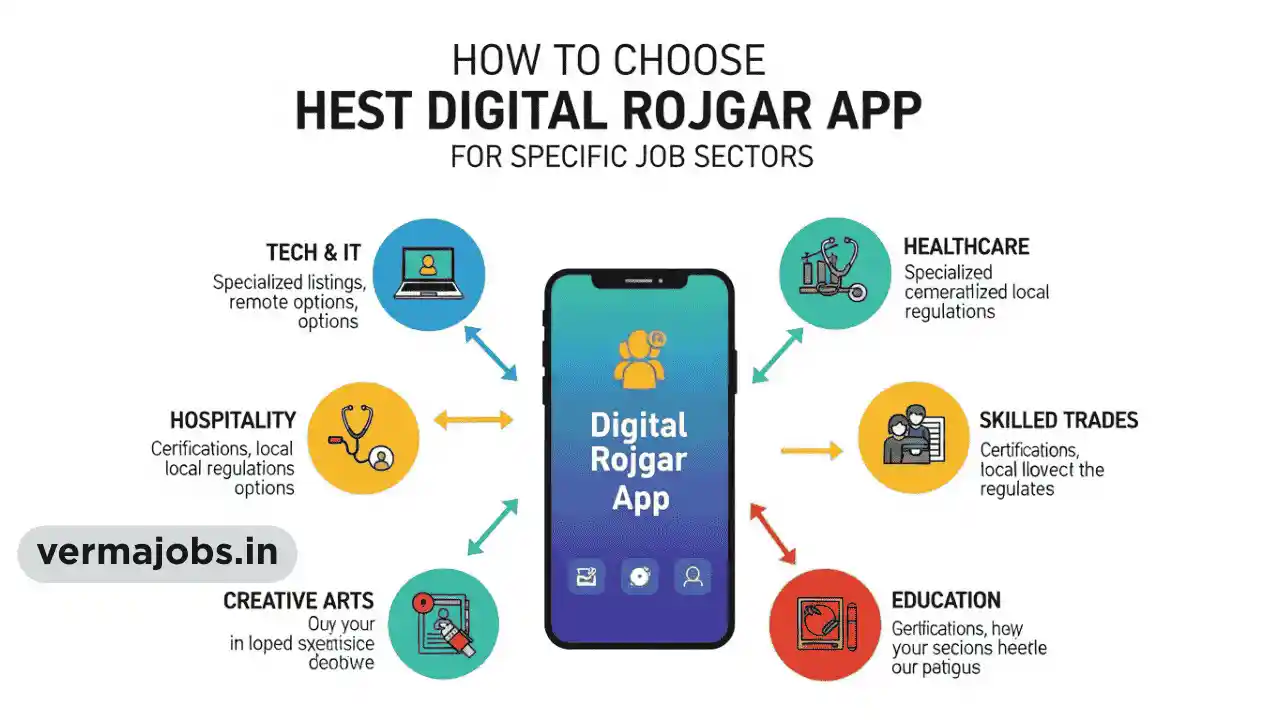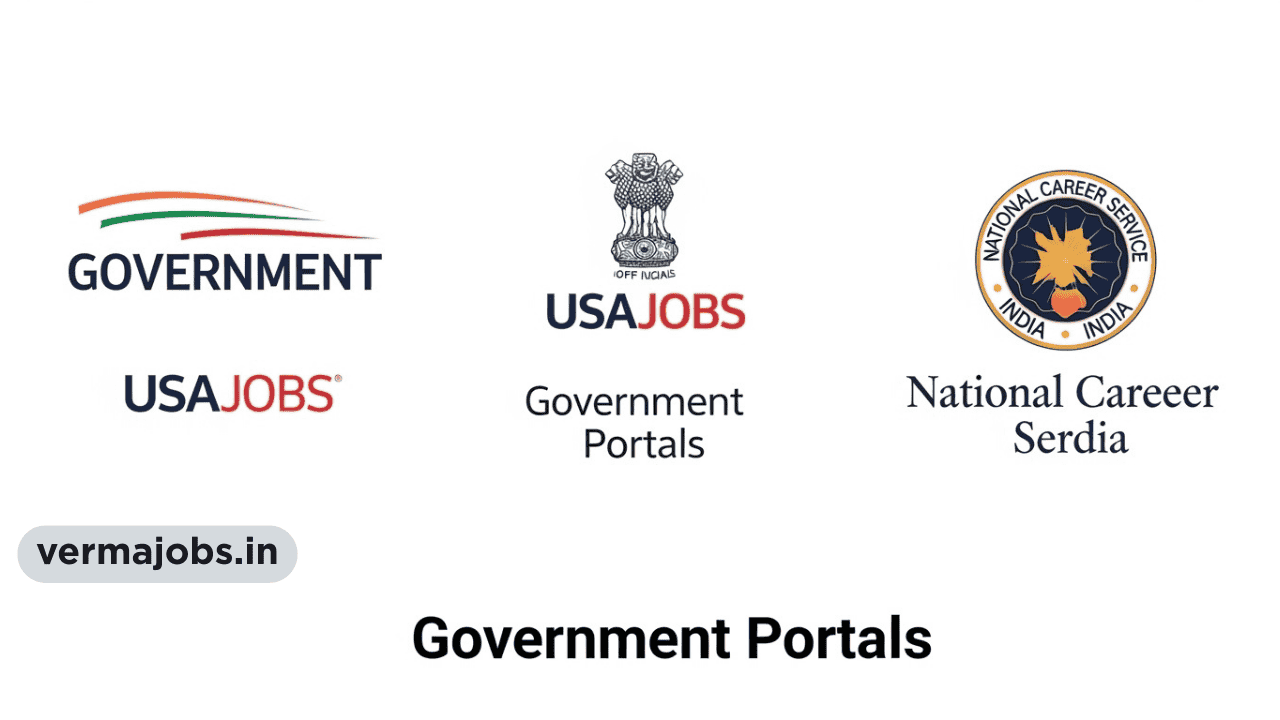In today’s competitive job market, having the right skills is as important as academic qualifications. Employers look for candidates who can adapt, innovate, and contribute effectively to their organizations. Whether you are entering the workforce, switching careers, or aiming for government and private sector roles, acquiring the right skills can significantly enhance your job prospects.
1. Digital Literacy
In an increasingly digital world, digital literacy is essential across industries. From basic computer operations to advanced software knowledge, understanding digital tools is critical.
Key Areas:
- Microsoft Office Suite (Word, Excel, PowerPoint)
- Email communication and professional etiquette
- Social media and digital marketing basics
- Familiarity with cloud-based platforms
2. Communication Skills
Strong communication skills are vital for interacting with colleagues, clients, and supervisors. Clear and effective communication improves teamwork and productivity.
Key Areas:
- Verbal and written communication
- Presentation skills
- Active listening
- Professional email writing
3. Problem-Solving and Critical Thinking
Employers value candidates who can analyze situations, identify problems, and propose solutions. Critical thinking and problem-solving are essential in decision-making and innovation.
Key Areas:
- Logical reasoning
- Analytical thinking
- Creativity in finding solutions
- Decision-making under pressure
4. Time Management and Organization
Being able to prioritize tasks and manage time effectively is a skill that significantly improves performance. Efficient time management ensures deadlines are met and work quality remains high.
Key Areas:
- Task prioritization
- Scheduling and planning
- Multitasking without compromising quality
- Setting realistic goals
5. Adaptability and Flexibility
The modern workplace is dynamic, and being able to adapt to new technologies, work environments, and responsibilities is crucial for career growth.
Key Areas:
- Learning new tools and software quickly
- Adjusting to changing work conditions
- Open-mindedness toward feedback and improvement
- Handling stress and uncertainty
6. Leadership and Teamwork
Even if you are not applying for managerial roles, leadership and teamwork skills are highly valued. Employers seek individuals who can work collaboratively and take initiative when needed.
Key Areas:
- Collaboration and cooperation
- Conflict resolution
- Motivating and guiding peers
- Accountability and responsibility
7. Technical and Job-Specific Skills
Depending on your industry, acquiring technical skills relevant to your field can give you a competitive edge. For example:
| Industry | Relevant Skills |
|---|---|
| IT & Software | Programming languages, cybersecurity, cloud computing |
| Banking & Finance | Financial analysis, Excel, accounting software |
| Healthcare | Patient care, medical software, data management |
| Engineering & Manufacturing | CAD software, quality control, project management |
| Marketing & Sales | SEO, digital marketing, CRM tools |
8. Emotional Intelligence
Emotional intelligence (EI) is the ability to understand your own emotions and those of others. High EI improves workplace relationships and overall performance.
Key Areas:
- Empathy and interpersonal skills
- Conflict management
- Stress management
- Self-awareness and self-regulation
Conclusion
To improve job prospects in today’s market, job seekers need a combination of technical, soft, and cognitive skills. Digital literacy, communication, problem-solving, adaptability, and leadership are among the top skills that employers value. By continuously upgrading your skills and aligning them with industry demands, you can increase your employability, enhance career growth, and stay competitive in a rapidly evolving job market.












